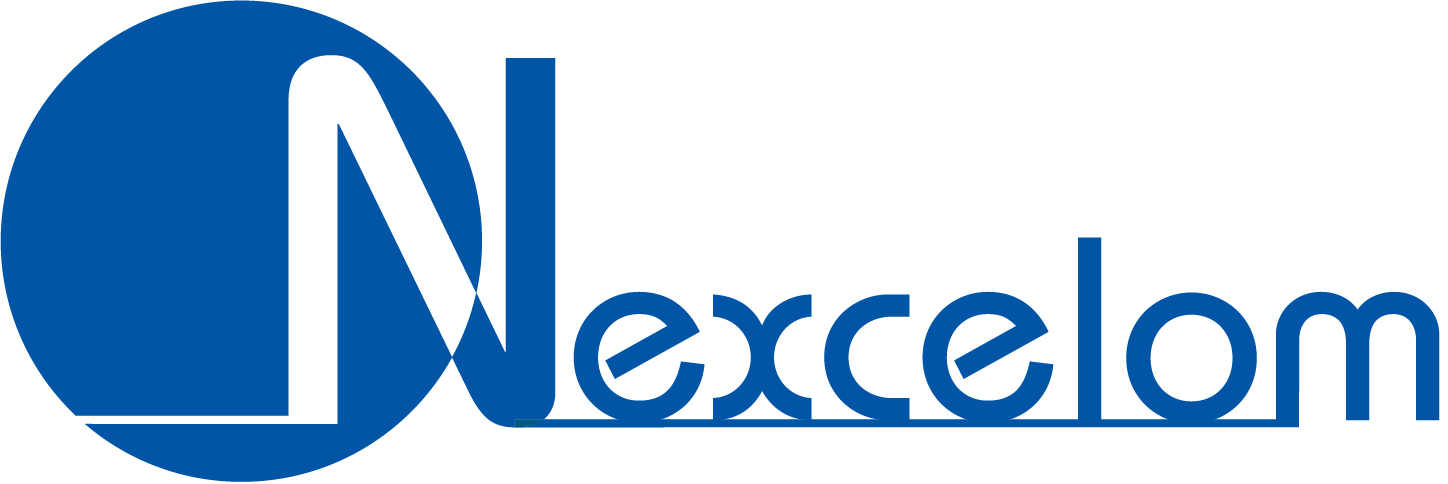The Road to FDA Approval for Gene Therapy
The FDA’s focus is on QUALITY, EFFICACY, and SAFETY. In support of these standards, the FDA provides guidelines for the preclinical development and evaluation of gene therapy products. The FDA states that gene therapy products “mediate their effects by transcription and/or translation of transferred genetic material and/or by integrating into the host genome and are administered as nucleic acids, viruses, or genetically engineered microorganisms.” Although only four approvals have been granted to date, there are more than 900 investigational new drug (IND) applications for gene therapy products in the pipeline.
Gene therapy products are biological products regulated by the FDA’s Center for Biologics Evaluation and Research (CBER). Clinical studies in humans require the submission of an investigational new drug application (IND) before initiating clinical studies in the United States. Marketing a gene therapy product requires submission and approval of a biologics license application (BLA).
FDA Approval for Gene Therapy
In early 2020, the FDA released one draft guidance and six final guidances on the topic:
- Draft Guidance: Interpreting Sameness of Gene Therapy Products Under the Orphan Drug Regulations
- Final Guidance: Chemistry, Manufacturing, and Control (CMC) Information for Human Gene Therapy Investigational New Drug Applications (INDs)
- Final Guidance: Testing of Retroviral Vector-Based Gene Therapy Products for Replication Competent Retrovirus (RCR) during Product Manufacture and Patient Follow-up
- Final Guidance: Long Term Follow-Up After Administration of Human Gene Therapy Products
- Final Guidance: Human Gene Therapy for Hemophilia
- Final Guidance: Human Gene Therapy for Retinal Disorders
- Final Guidance: Human Gene Therapy for Rare Diseases
Successful approvals for gene therapy
In December 2017, the U.S. FDA approved the first viral gene therapy for clinical use to treat congenital retinal diseases that cause blindness. Luxturna is an AAV2 vector carrying human RPE56 cDNA that is grown in HEK 293 cells. The final product is an intraretinal injection that delivers a functioning copy of the RPE65 gene.
Zolgensma is a prescription gene therapy for patients under two years of age with spinal muscular atrophy (SMA). Before the development of this drug, infants diagnosed with the disease typically died by age two, making SMA the most common genetic cause of infant mortality. Zolgensma delivers the SMN1 transgene with synthetic promoters inside an AAV9 vector. The gene is not integrated into the DNA of postmitotic motor neurons. The FDA approved Zolgensma in May 2019, making in the first gene replacement therapy for a genetic muscular disease. It is given as a one-time intravenous infusion to patients with bi-allelic SMN1 gene mutations.
Learn more:
FDA Approval for Gene Therapy

